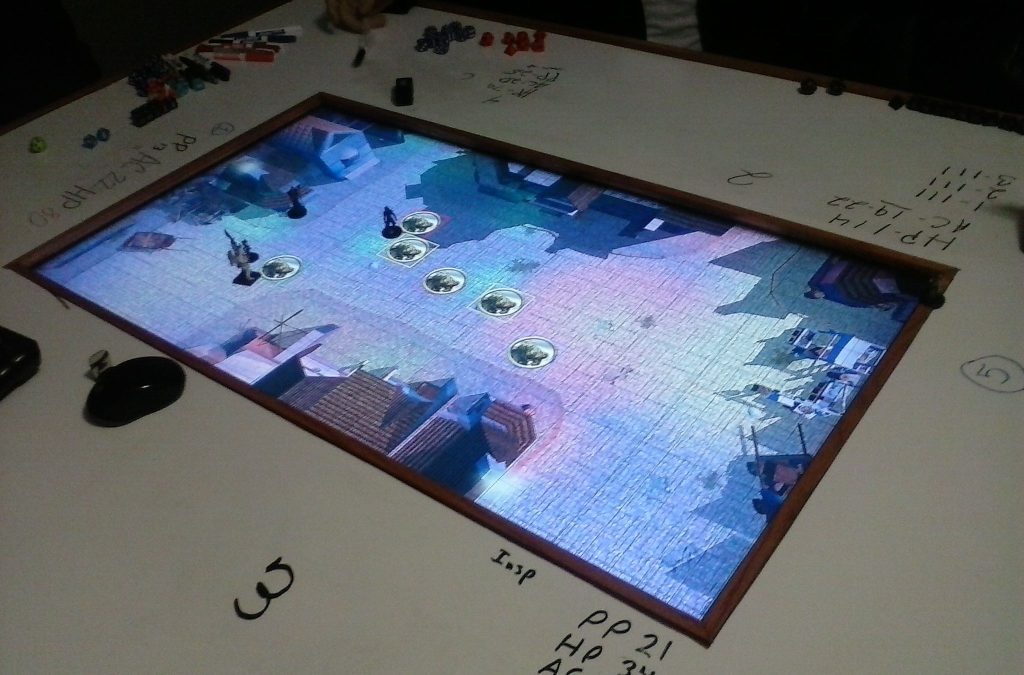
In the world of game design, narrative plays a crucial role in captivating players and immersing them in a captivating storyline. While many games draw inspiration from various sources, the influence of classical literature is undeniable. With its rich themes, complex characters, and timeless tales, classical literature has provided game designers with a plethora of ideas that have greatly enhanced the narratives in modern gaming.
1. The Hero’s Journey: A Classical Template
One of the most prominent influences of classical literature in game narrative design is the concept of the hero’s journey. Stemming from ancient myths and epics, this narrative structure follows a protagonist’s transformative journey through various stages. Games like “God of War” and “The Legend of Zelda” franchise have seamlessly incorporated this template into their narratives.
By mirroring the hero’s journey, game designers are able to create engaging stories that resonate with players. From the initial call to adventure to the eventual return as a changed hero, this classical template provides a framework for character development and plot progression in games, making them more compelling and immersive.
2. Mythological Themes and Archetypes
Classical literature is teeming with myths, legends, and archetypes that continue to captivate audiences to this day. Game narratives often draw inspiration from these timeless themes, bringing gods, demigods, and mythical creatures to life within digital worlds. Games like “Assassin’s Creed Odyssey” and “God of War” series directly incorporate mythological characters and settings, tapping into the rich tapestry of classical literature.
Utilizing mythological themes allows game designers to evoke a sense of wonder and mysticism, adding depth to their narratives. By weaving these archetypal elements into the game’s lore and storylines, designers can create a sense of familiarity or challenge players by offering fresh interpretations of well-known stories, creating a unique blend of classical literature and modern gaming.
3. Moral Dilemmas and Ethical Reflections
Classical literature often tackles profound moral dilemmas and ethical reflections, forcing readers to question their own values and beliefs. Game narratives have also embraced this aspect, incorporating thought-provoking choices and consequences that parallel those found in classical literature. Games like “The Witcher” series and “Bioshock” exemplify this fusion of classical literature and video game storytelling.
By presenting players with morally ambiguous situations, game designers create narratives that challenge players to consider the consequences of their actions. These narratives encourage players to reflect on ethical decision-making and explore the intricate nature of humanity, mirroring the enduring themes found in classical literature.
4. Epic Scope and Worldbuilding
Classical literature is renowned for its grand scope and expansive worldbuilding, transporting readers to far-off lands and enchanting realms. Video games have adopted this aspect by crafting vast and immersive worlds that players can explore. Games like the “Elder Scrolls” and “Dragon Age” series excel in worldbuilding, building intricate societies, cultures, and histories.
Through immersive worldbuilding, game designers establish a sense of place and context within their narratives. Players are given the opportunity to fully immerse themselves in these fictional worlds and become active participants in the stories. This marriage of classical literature’s epic scope with interactive gameplay enhances the overall experience and draws players deeper into the narrative.
Conclusion:
Classical literature’s influence on game narrative design is undeniable. By incorporating the hero’s journey, mythological themes, moral dilemmas, and epic worldbuilding, game designers create captivating narratives that tap into the timeless allure of classical literature. The fusion of these two art forms adds depth, complexity, and a sense of wonder to modern gaming, taking players on unforgettable journeys through virtual worlds.


